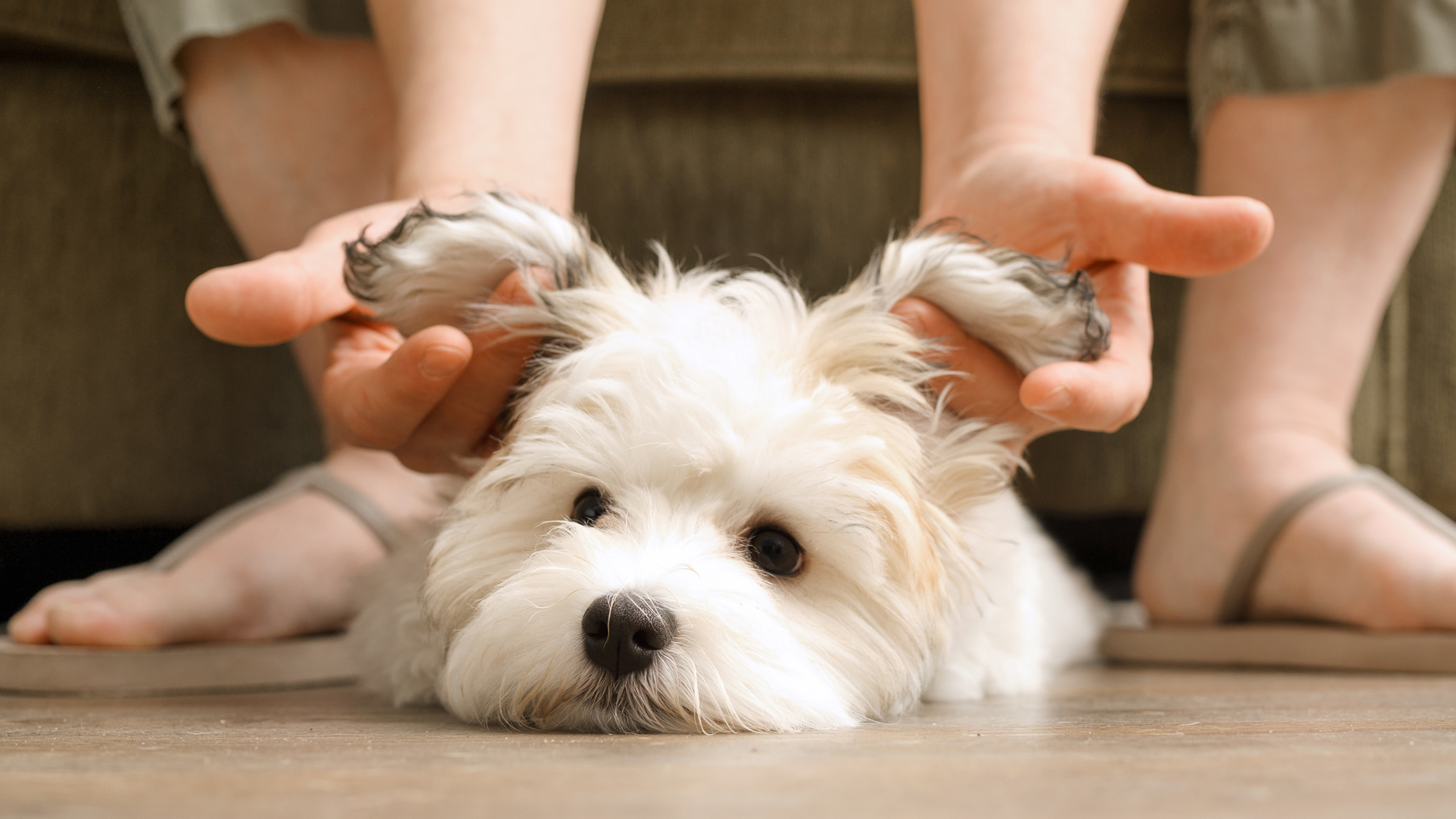Dog not responding to cues? Trainer shares one incredibly obvious solution that you may be missing
Repeating a cue over and over again until you get a response isn't as effective as what this trainer is reminding all dog parents to consider

Get the best advice, tips and top tech for your beloved Pets
You are now subscribed
Your newsletter sign-up was successful
Have you ever found yourself in a situation where you're telling your dog to 'sit', 'stay', or 'leave', but it's as if you're speaking a different language? We've all been there, trying to communicate with our canine companions, only to be met with a blank stare or a complete disregard for our cues. Even trying to win them over with some of the best dog treats can still lead to no response.
It can be frustrating and make you wonder if your dog even understands you. But fear not, there's one incredibly obvious solution that you might be overlooking. Enter Melissa Goodman, a certified dog trainer through the Victoria Stilwell Academy For Dog Training & Behavior. She recently took to the Mission Pawsitive Instagram to share a valuable piece of advice that many pet parents may be missing.
So what's her secret? Turns out you might not be giving your dog enough time to process what you're asking them to do. She explains this in the video below which you can view before reading on.
A post shared by Melissa Goodman | Dog Trainer (@missionpawsitive)
A photo posted by on
In her video, Goodman emphasizes the importance of patience when cueing your dog. She explains that if your dog isn't responding right away to your visual or verbal cues, it's crucial to give them a few seconds to process the information before asking again.
In her video, she compares it to a scenario where humans need time to process, "It’s just like if you were asked to solve a math equation, you may need to look at it for a few seconds first to figure out how to solve it."
"It may seem like an obvious tip," Goodman wrote in the caption, "but it is easy for ten seconds to feel like minutes when your dog isn't responding right away. Dogs need time to process information sometimes, just like us, so have that in the back of your mind any time you are working with your dog."
But what if your dog gets distracted, frustrated, or seems unsure of what you're asking? According to Goodman, it's perfectly fine to repeat your cue after giving them a chance to think it through on their own. Sometimes, a gentle reminder can help refocus their attention.
Get the best advice, tips and top tech for your beloved Pets
If you notice that your dog is struggling to respond to your cues, consider finding a way to make the task easier for them. Just like humans, dogs can become overwhelmed when faced with a challenging problem. By breaking down the behavior into smaller, more manageable steps, you can set your dog up for success and build their understanding of the cue over time.
Effective communication with your dog is a two-way street. While we often focus on teaching them our cues, it's equally important to recognize and respect their need for a moment to process and respond.

Jessica holds a journalism degree from Cardiff University and has authored articles for renowned publications, including PetsRadar, Fit&Well, LiveScience, Runner's World, The Evening Express, and Tom's Guide. Throughout her career in journalism she has forged connections with experts in the field, like behaviorists, trainers, and vets. Through her writing, Jessica aims to empower pet owners with accurate information to enhance their furry companions' lives.
